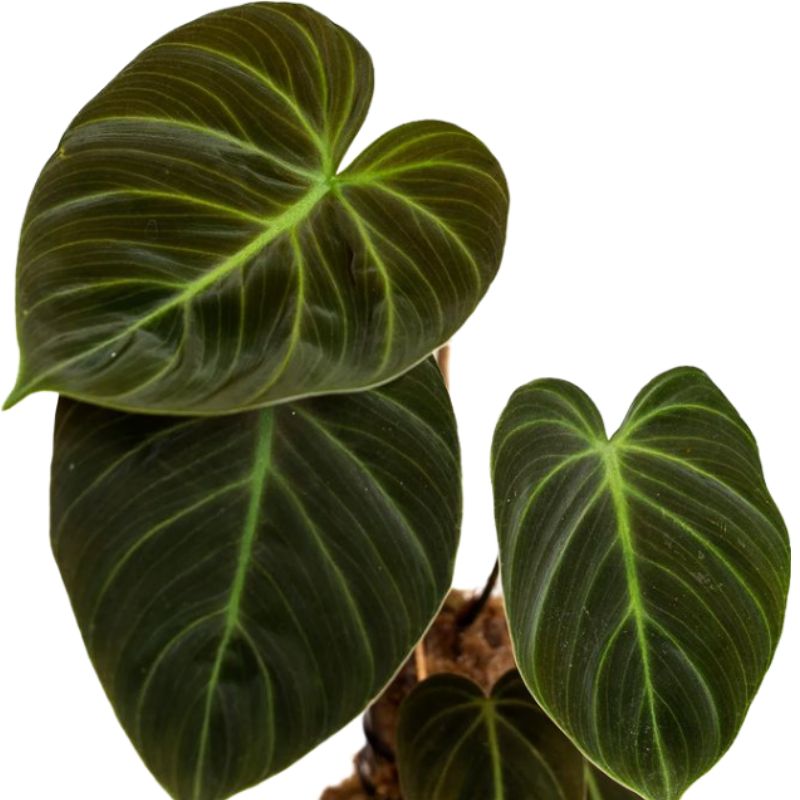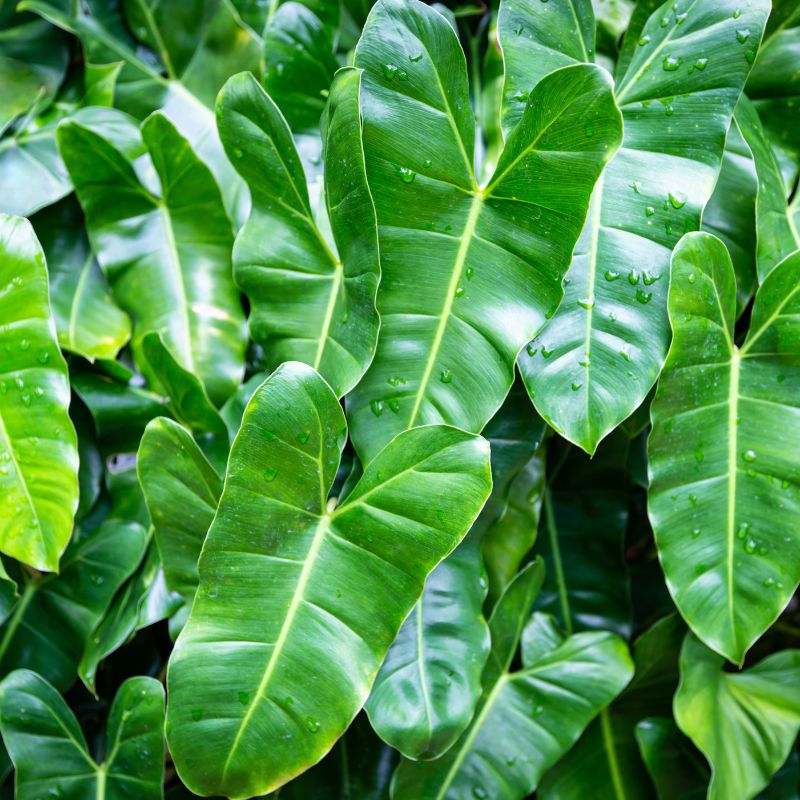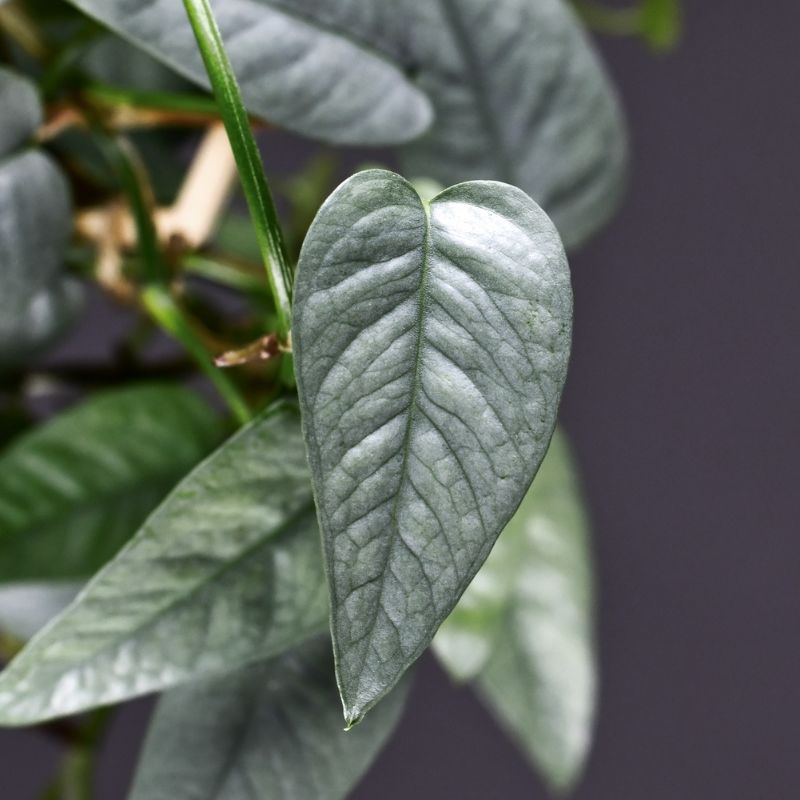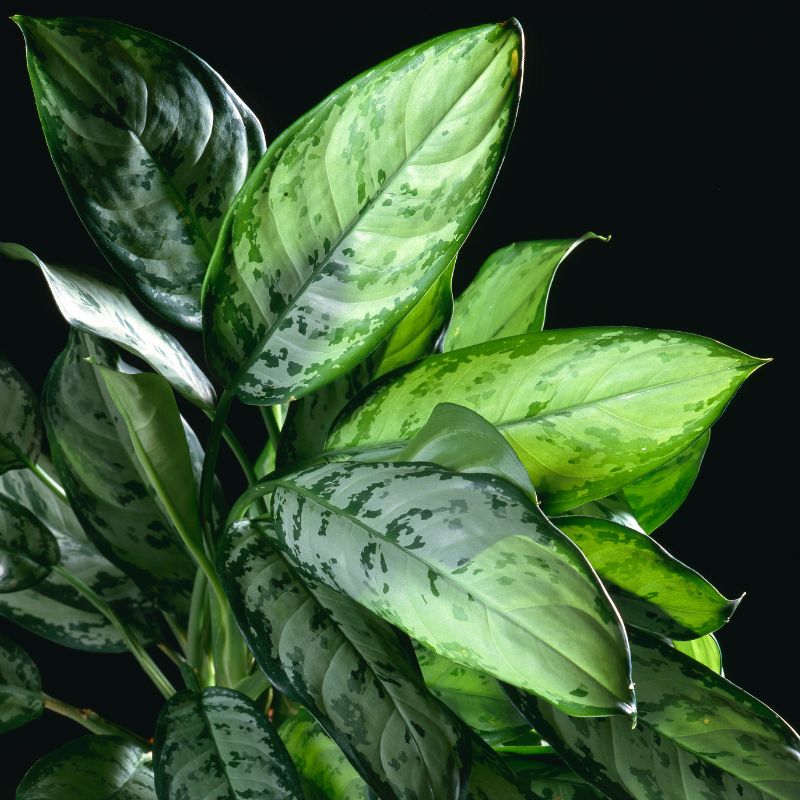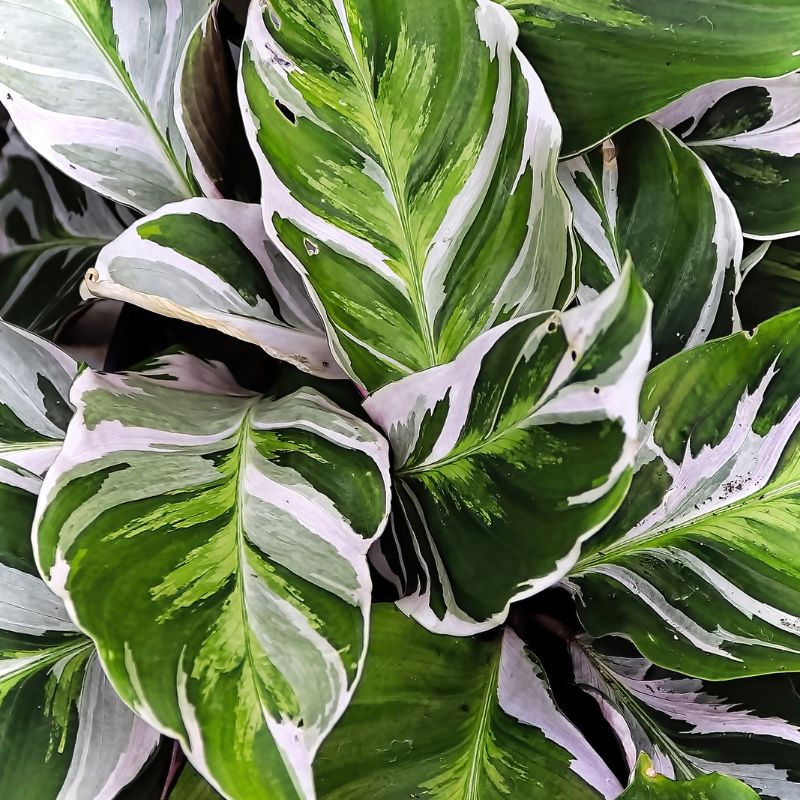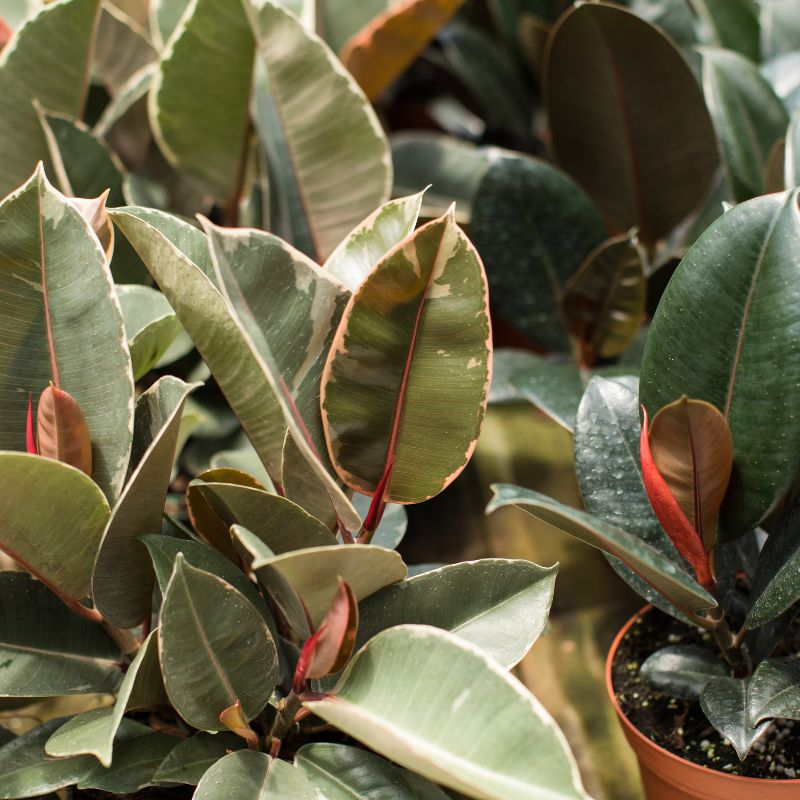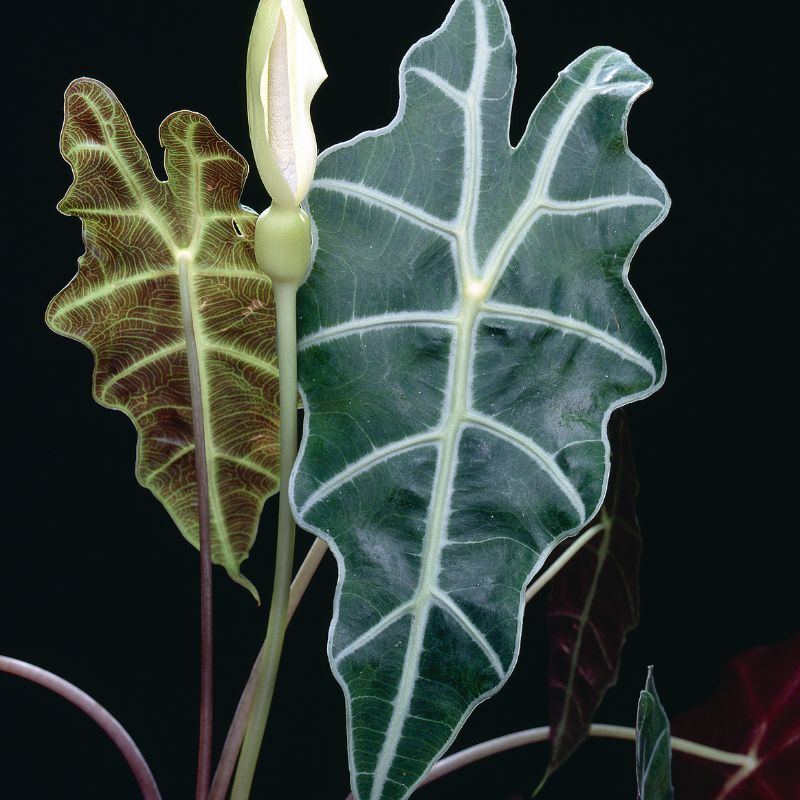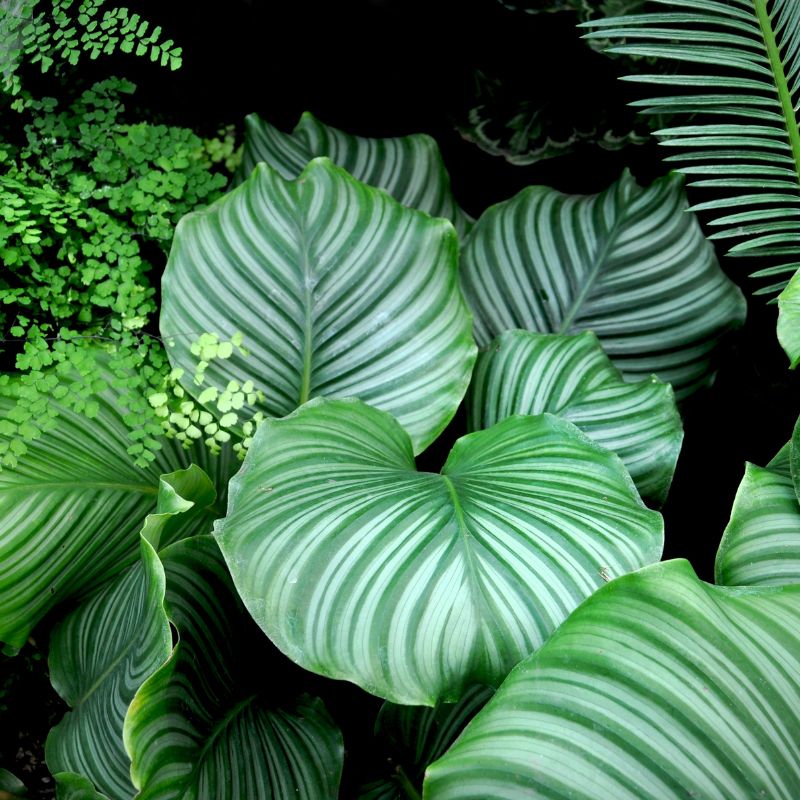
On Sale Now
-
Product on sale
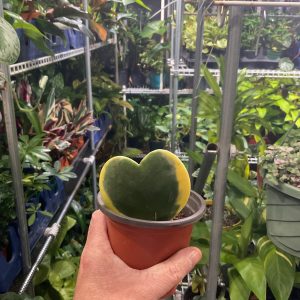 Hoya Sweetheart – 3″ PotOriginal price was: $15.99.$12.99Current price is: $12.99.
Hoya Sweetheart – 3″ PotOriginal price was: $15.99.$12.99Current price is: $12.99. -
Product on sale
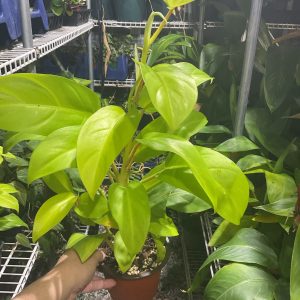 Philodendron Golden Goddess – 5” PotOriginal price was: $19.99.$14.99Current price is: $14.99.
Philodendron Golden Goddess – 5” PotOriginal price was: $19.99.$14.99Current price is: $14.99. -
Product on sale
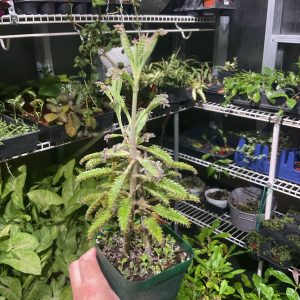 Kalanchoe x Houghtonii Mother of Thousands – 4″ PotOriginal price was: $12.99.$9.99Current price is: $9.99.
Kalanchoe x Houghtonii Mother of Thousands – 4″ PotOriginal price was: $12.99.$9.99Current price is: $9.99. -
Product on sale
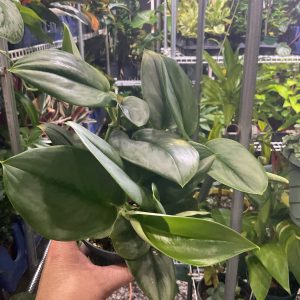 Scindapsus Treubii Moonlight Sterling Silver – 4″ PotOriginal price was: $15.99.$12.99Current price is: $12.99.
Scindapsus Treubii Moonlight Sterling Silver – 4″ PotOriginal price was: $15.99.$12.99Current price is: $12.99. -
Product on sale
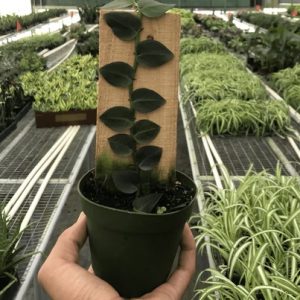 Rhaphidophora hayi Shingle Vine- 4″ PotOriginal price was: $24.99.$9.99Current price is: $9.99.
Rhaphidophora hayi Shingle Vine- 4″ PotOriginal price was: $24.99.$9.99Current price is: $9.99. -
Product on sale
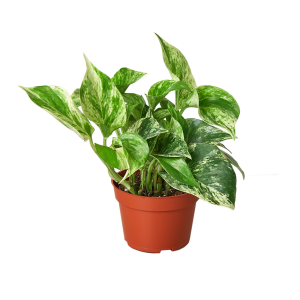 Pothos Marble Queen- 4″ PotOriginal price was: $15.99.$9.99Current price is: $9.99.
Pothos Marble Queen- 4″ PotOriginal price was: $15.99.$9.99Current price is: $9.99. -
Product on sale
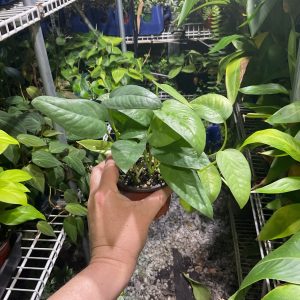 Pothos Cebu Blue- 4″ PotOriginal price was: $15.99.$9.99Current price is: $9.99.
Pothos Cebu Blue- 4″ PotOriginal price was: $15.99.$9.99Current price is: $9.99. -
Product on sale
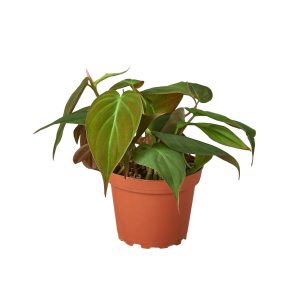 Philodendron Micans- 4″ PotOriginal price was: $12.99.$9.99Current price is: $9.99.
Philodendron Micans- 4″ PotOriginal price was: $12.99.$9.99Current price is: $9.99. -
Product on sale
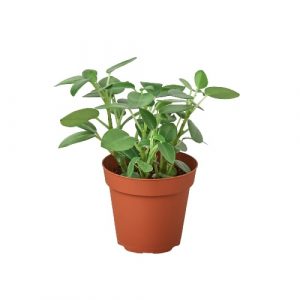 Peperomia Pixie – 4″ PotOriginal price was: $12.99.$9.99Current price is: $9.99.
Peperomia Pixie – 4″ PotOriginal price was: $12.99.$9.99Current price is: $9.99.




